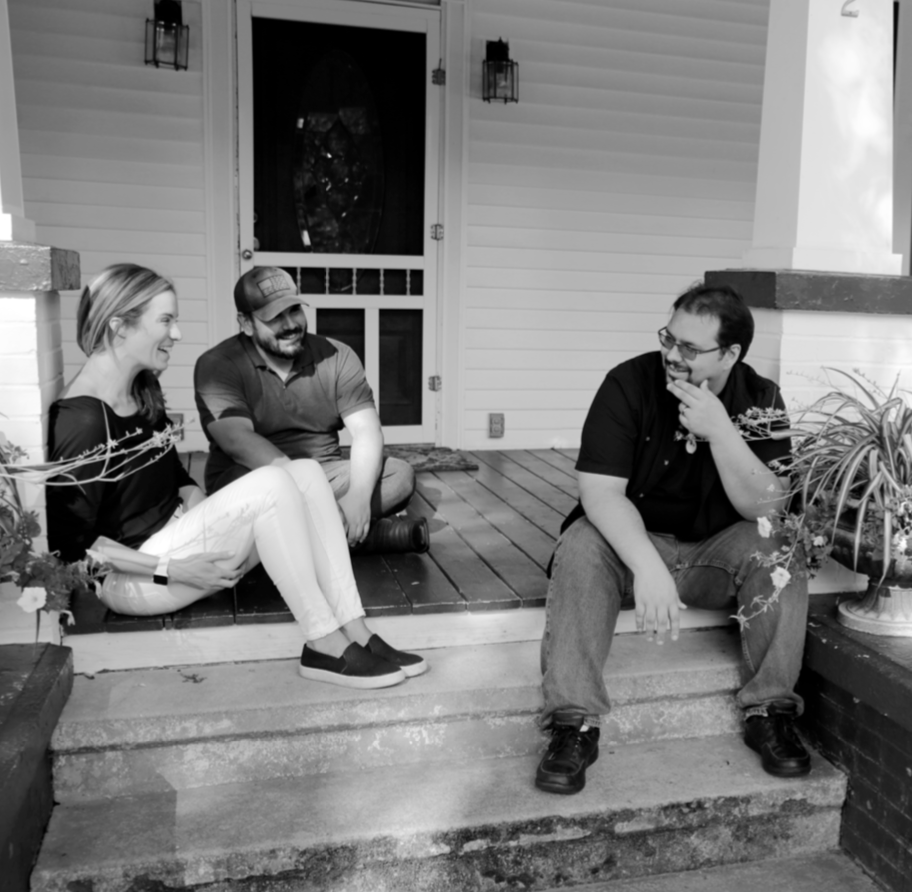Developing Social Skills
Social skills aren’t just about making small talk—they’re the foundation for meaningful relationships, academic success, and career growth. At Brightstone, we help young adults strengthen these skills in ways that feel natural, practical, and confidence-building.
Why Social Skills Matter
Good communication and connection skills make it easier to navigate everything from job interviews to community activities. For many neurodivergent young adults, the desire to connect is there—it’s just about learning how to take those first steps and practicing them until they feel natural.
Our Approach
Direct Instruction: We use clear, real-life examples and “teachable moments” to make abstract concepts concrete.
Timing & Attention: Practicing when and how to engage in conversation.
Communication Support: Strengthening verbal and nonverbal communication.
Positive Behaviors: Encouraging habits that lead to strong, lasting connections.
Community Practice: Participating in structured social groups and community events.
Brightstone in Action
At our weekly Adulting Group, young adults discuss social topics, role-play scenarios, and work in pairs or teams to practice cooperation and problem-solving. Out in the community, they apply these skills in real-world settings—with mentors close by for support and feedback.
Explore more about Brightstone’s real-world learning approach.


